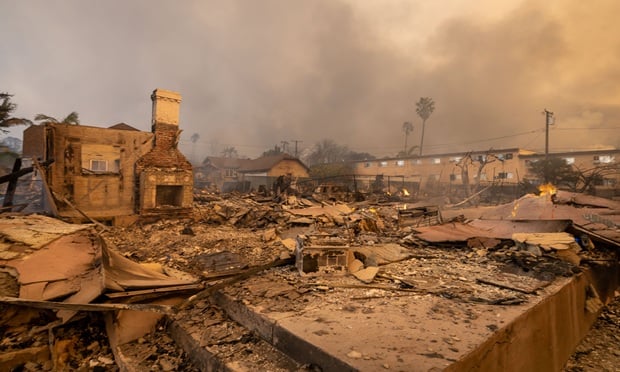WASHINGTON—Standard & Poor's Ratings Services says in a new paper that reinsurers are taking a “huge risk” by ruling out the potential that climate change is already impacting their exposure to catastrophic losses.
Indeed, reinsurers might be underestimating their exposure to extreme weather by an average of about 50%, the paper says.
The article “Climate Change Could Sting Reinsurers That Underestimate Its Impact,” was published Tuesday.
Recommended For You
Want to continue reading?
Become a Free PropertyCasualty360 Digital Reader
Your access to unlimited PropertyCasualty360 content isn’t changing.
Once you are an ALM digital member, you’ll receive:
- Breaking insurance news and analysis, on-site and via our newsletters and custom alerts
- Weekly Insurance Speak podcast featuring exclusive interviews with industry leaders
- Educational webcasts, white papers, and ebooks from industry thought leaders
- Critical converage of the employee benefits and financial advisory markets on our other ALM sites, BenefitsPRO and ThinkAdvisor
Already have an account? Sign In Now
© 2025 ALM Global, LLC, All Rights Reserved. Request academic re-use from www.copyright.com. All other uses, submit a request to [email protected]. For more information visit Asset & Logo Licensing.








